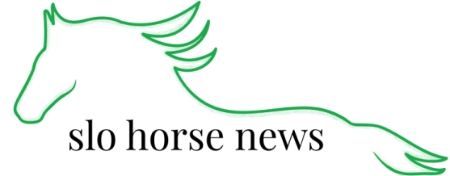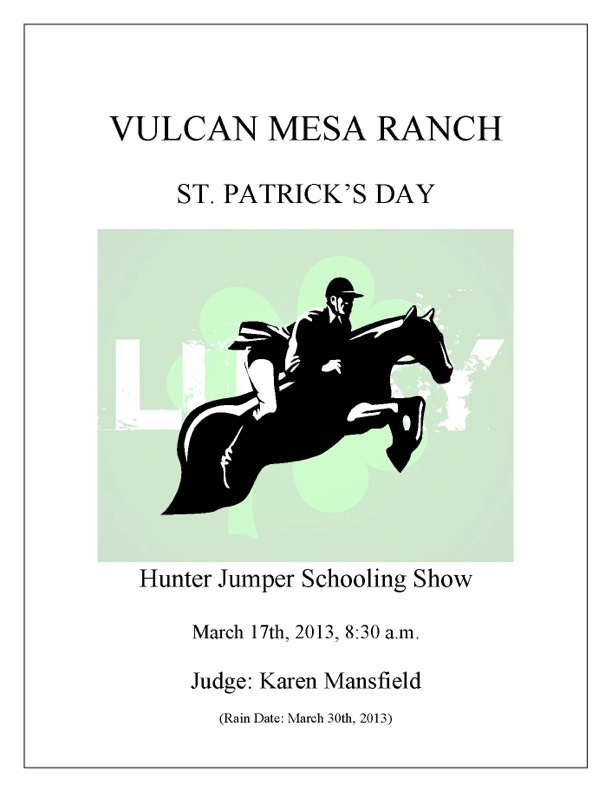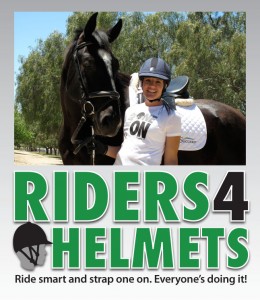CALIFORNIA DECLARES CONTAINMENT
OF EQUINE HERPES VIRUS (EHV-1) OUTBREAK
SACRAMENTO, June 20, 2011 – The recent disease outbreak of the neuropathogenic strain of Equine Herpes Virus -1 (EHV-1) associated with the horses that attended the National Cutting Horse Associations Western National Championships in Ogden, UT is contained. Containment is based on the fact that California has gone more than 14 days from the last clinical case onset date without a confirmed clinical case of EHV-1.
“I want to thank California’s horse owners and veterinarians for their prompt and thorough actions to isolate and monitor exposed animals and contain this outbreak of EHV-1,” said State Veterinarian Dr. Annette Whiteford. “We also owe the success of this project in part to the outstanding isolation biosecurity measures implemented by horse facility managers, show/event managers and other professionals who work with and care for horses.”
It is important that the California horse owners remain vigilant as there is always risk of disease when horses of unknown health status are commingled at one location. Consistent, basic biosecurity practices play an important role in reducing risk of exposure to diseases such as influenza, strangles, pigeon fever, or equine herpes virus.
By implementing the biosecurity measures below, you can minimize disease risk:
- Minimize horse nose-to-nose contact with horses of unknown disease status.
- Don’t share equipment including buckets, tack and grooming equipment.
- Avoid using communal water troughs.
- Fill water buckets directly from the faucet to eliminate potential hose contamination.
- Limit human contact between horses or wash hands or use hand sanitizer between horse contacts.
- Prior to returning home from an event, clean and disinfect all equipment, including trailer, clothing, tack grooming supplies.
- Isolate all new horses or horses returning home for a minimum of three weeks. Isolation means no direct contact with other horses or humans and no indirect contact via shared equipment.
- Consult your veterinarian to establish appropriate vaccination for your horse(s).
Horse owners are strongly encouraged to consult their veterinarian regarding these steps and others to determine how best to reduce the risk of your horse acquiring an infectious disease.


